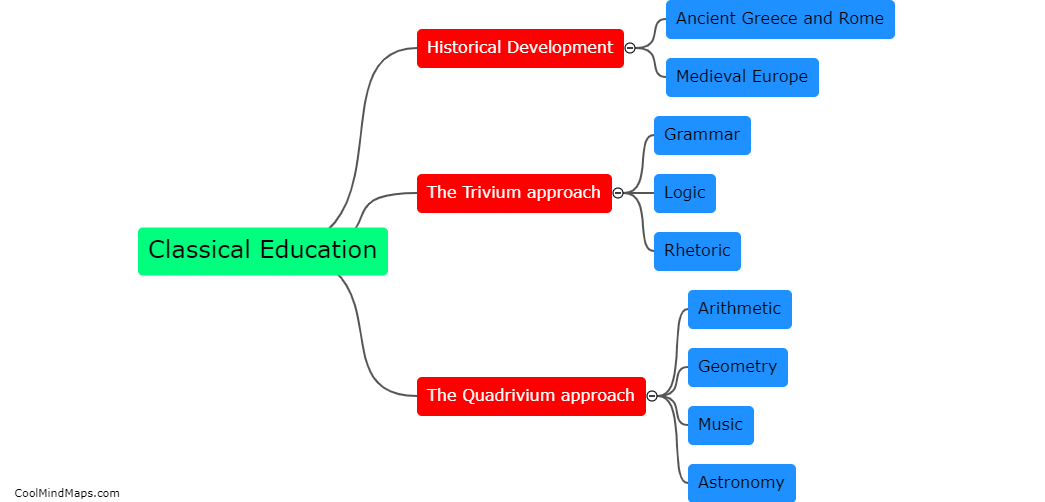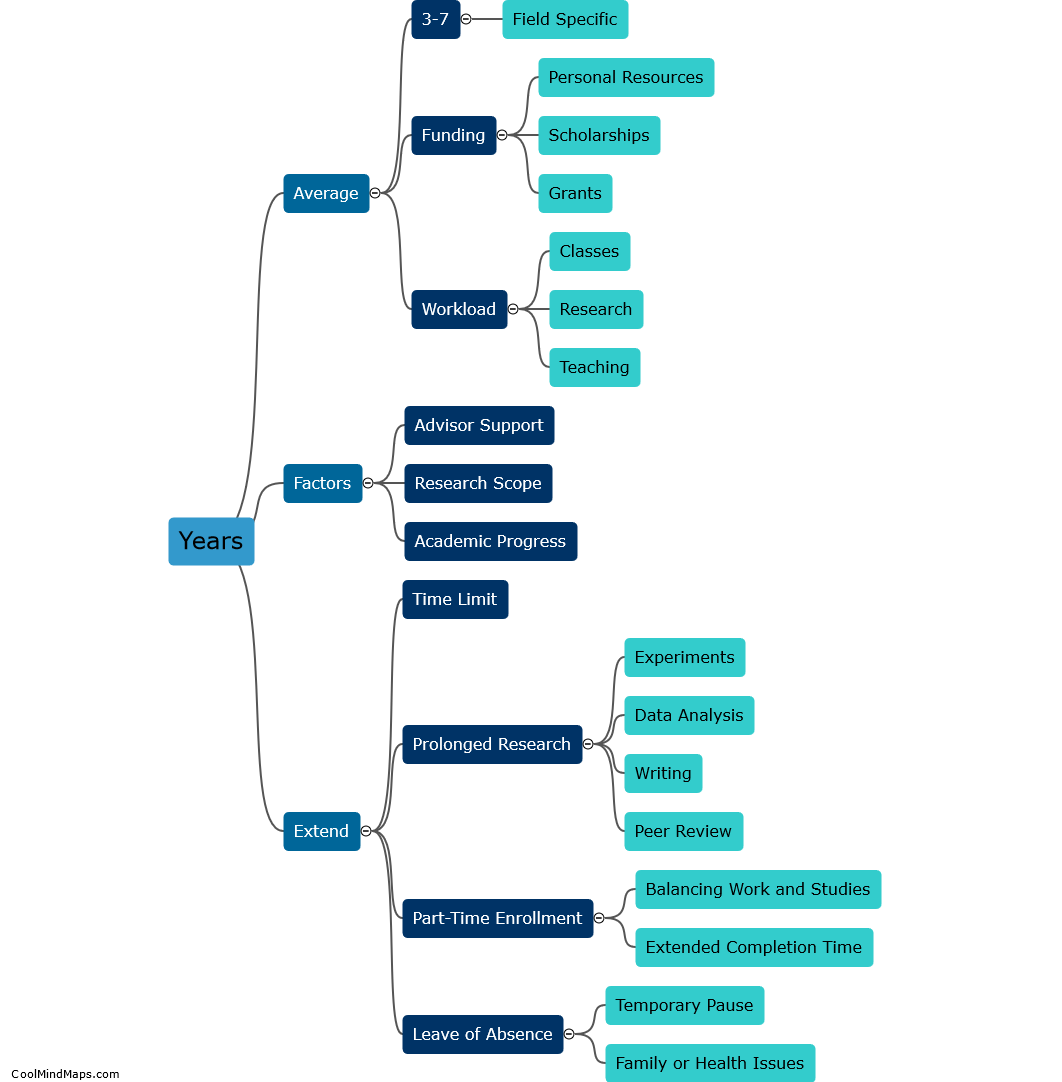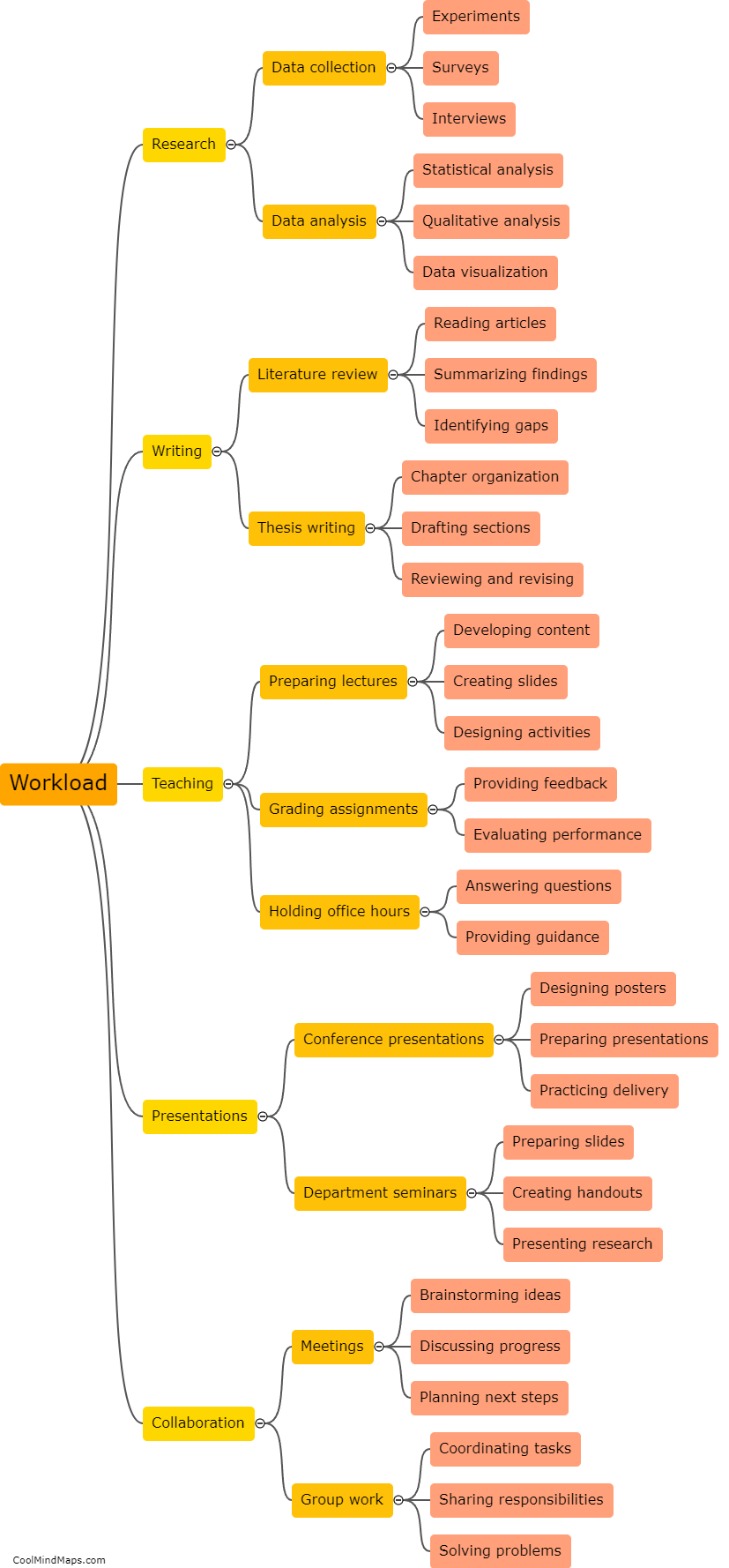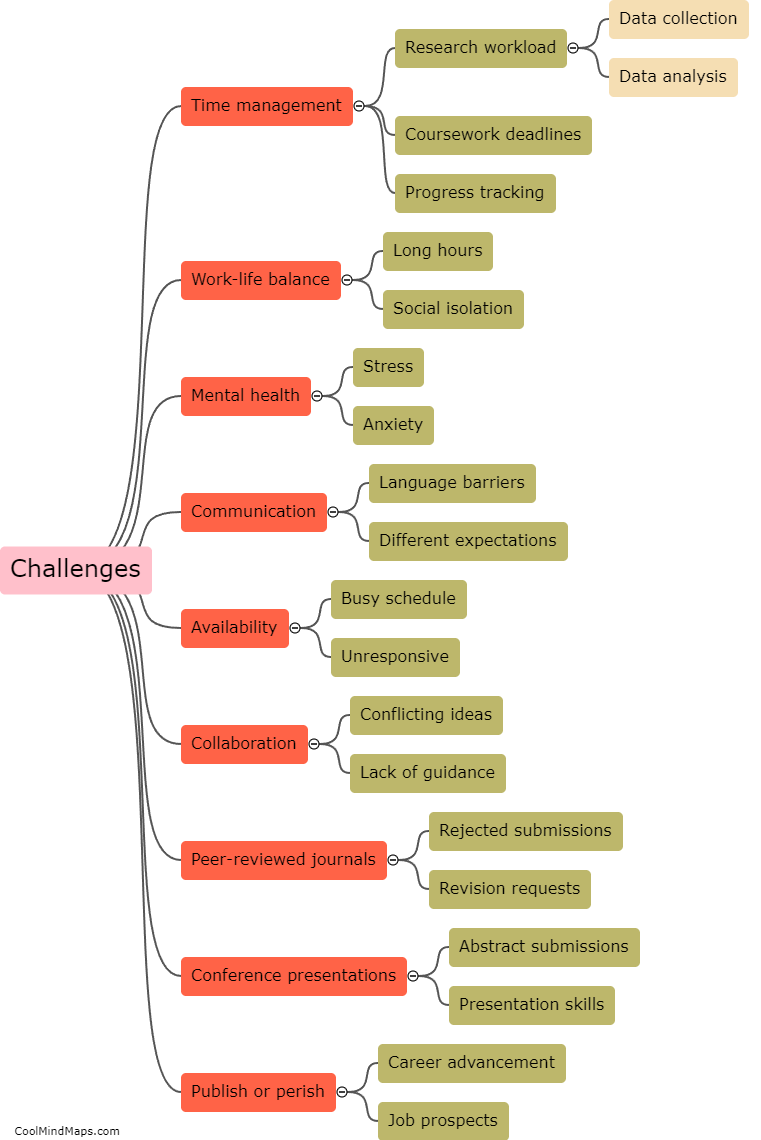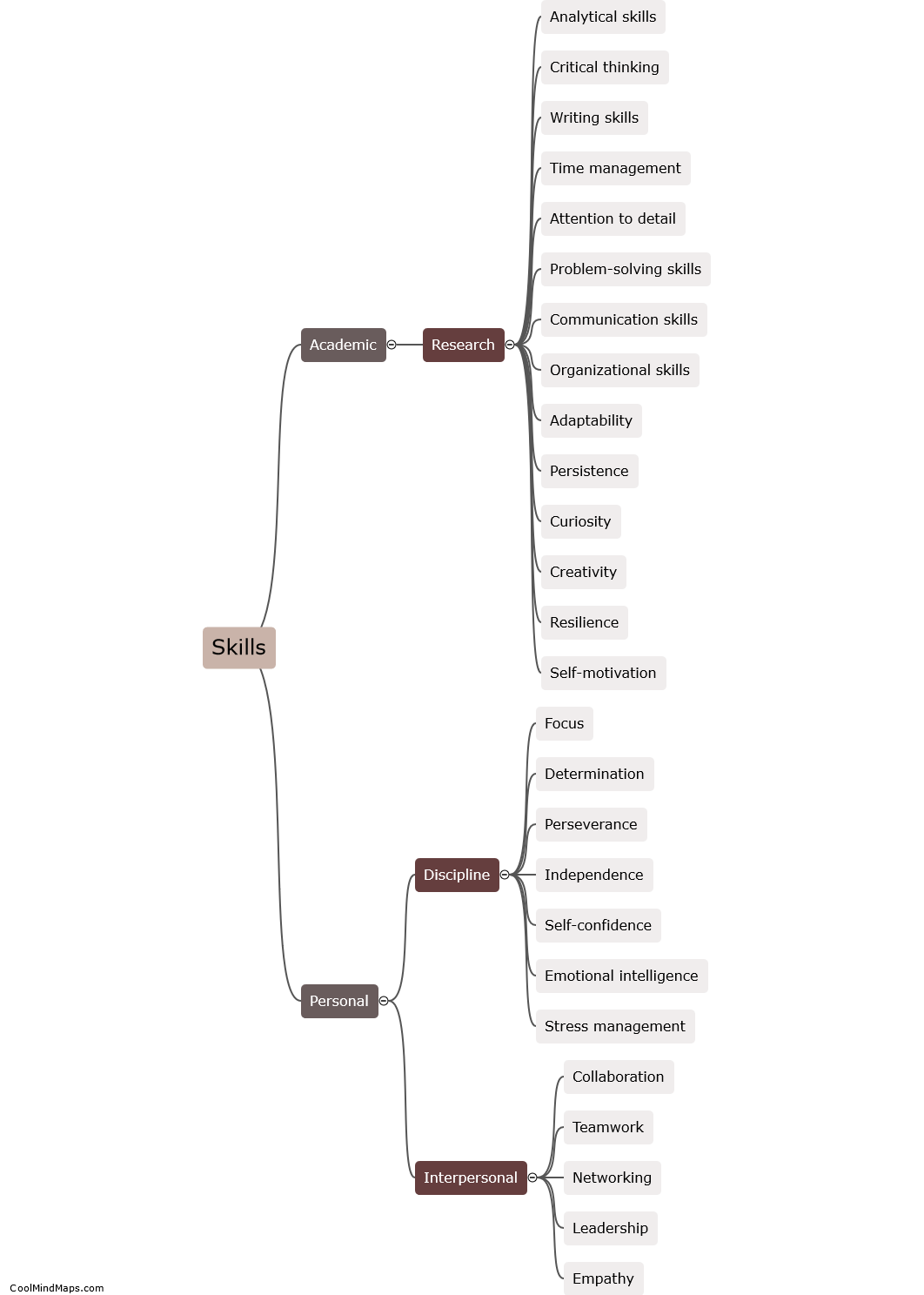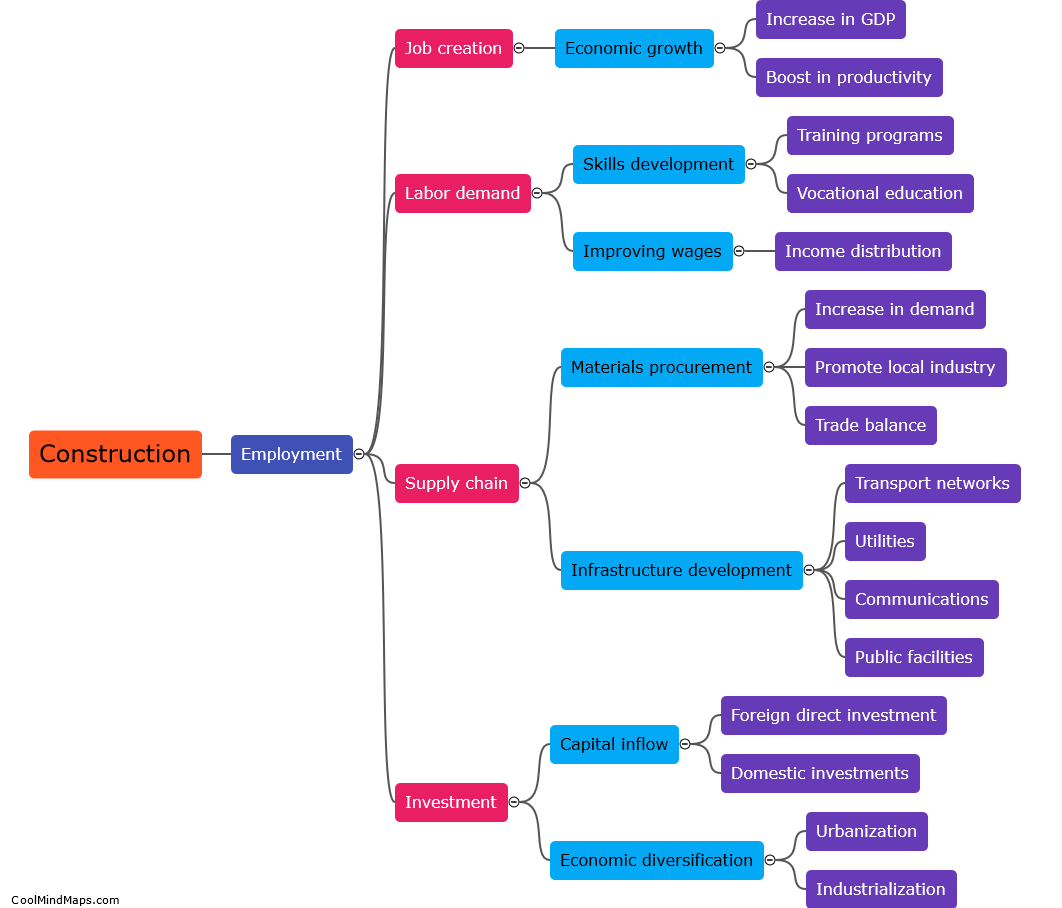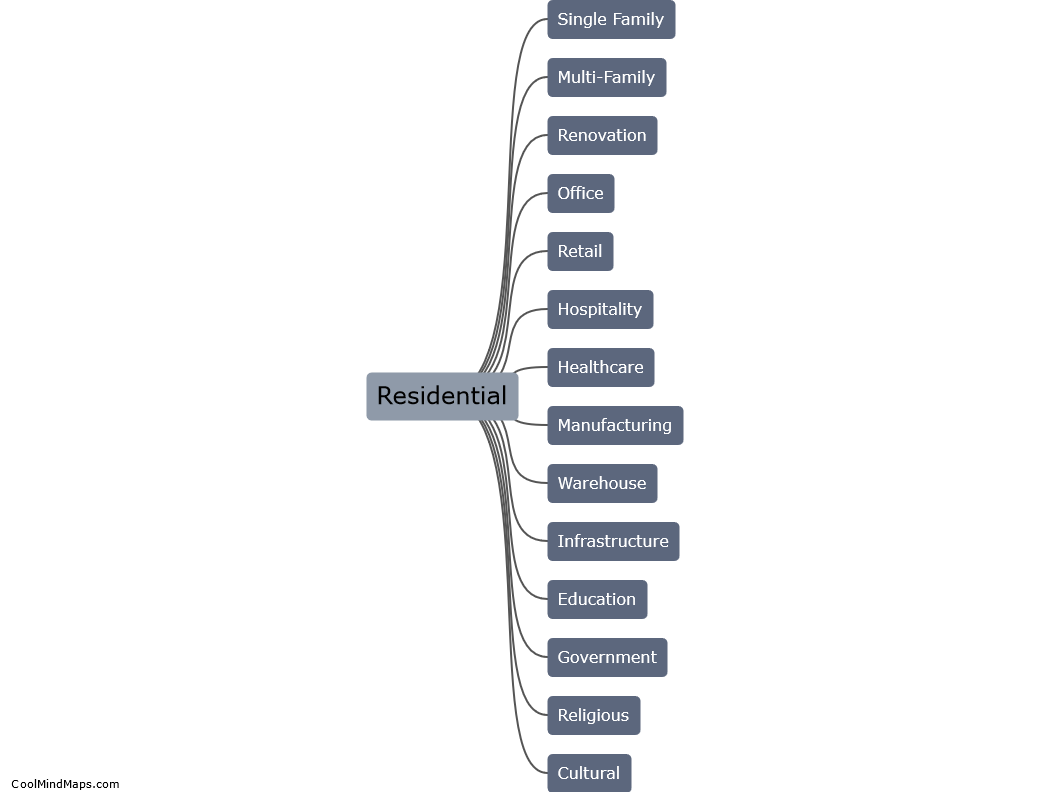How does the difficulty level of a PhD compare to other degrees?
The difficulty level of a PhD is generally considered to be much higher compared to other degrees. While undergraduate and master's degrees involve studying a broad range of topics and acquiring knowledge in specific fields, a PhD requires a deep understanding of a narrow research area. It involves extensive original research, critical thinking, problem-solving, and a significant time commitment. Unlike other degrees that focus on coursework and exams, a PhD emphasizes independent learning, self-discipline, and the ability to contribute new knowledge to the academic community. The process of earning a PhD involves conducting research, publishing papers, defending a thesis, and often facing rigorous peer review. It is a challenging but rewarding journey that prepares individuals for careers in academia, research, and other highly specialized fields.
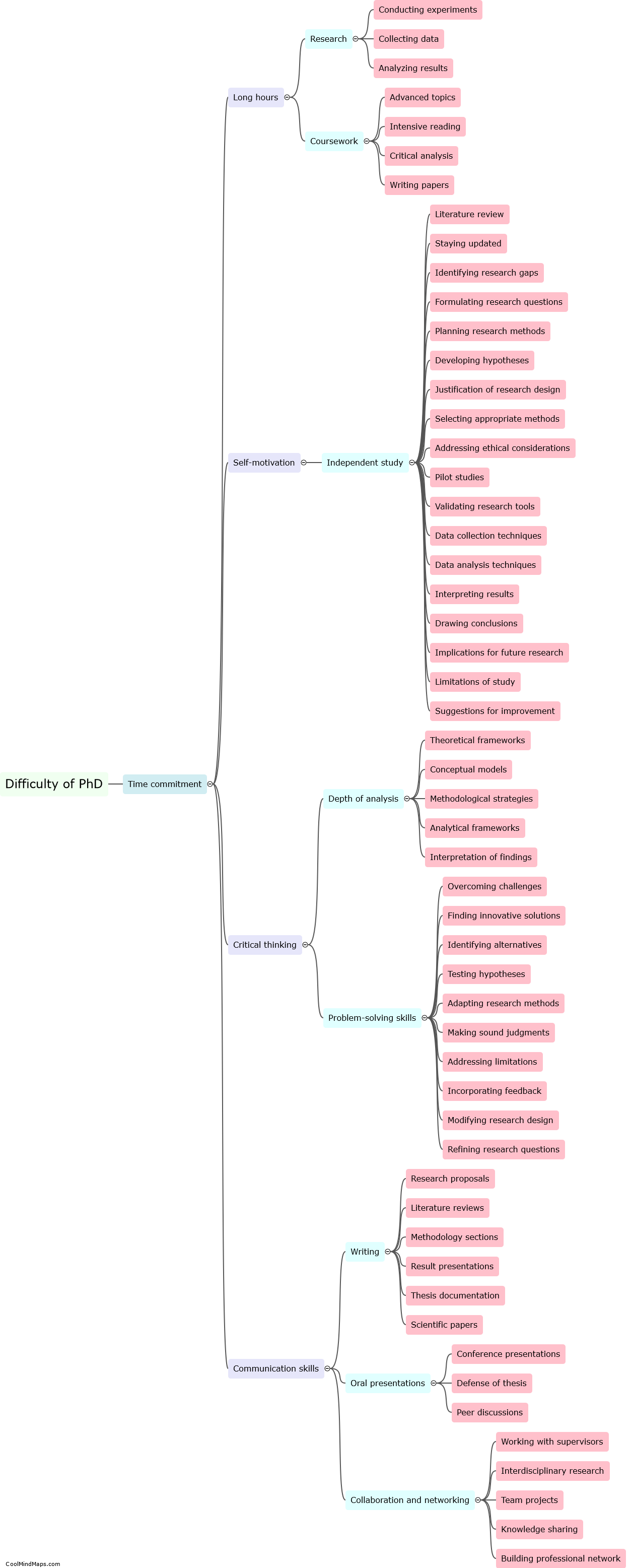
This mind map was published on 20 August 2023 and has been viewed 91 times.



